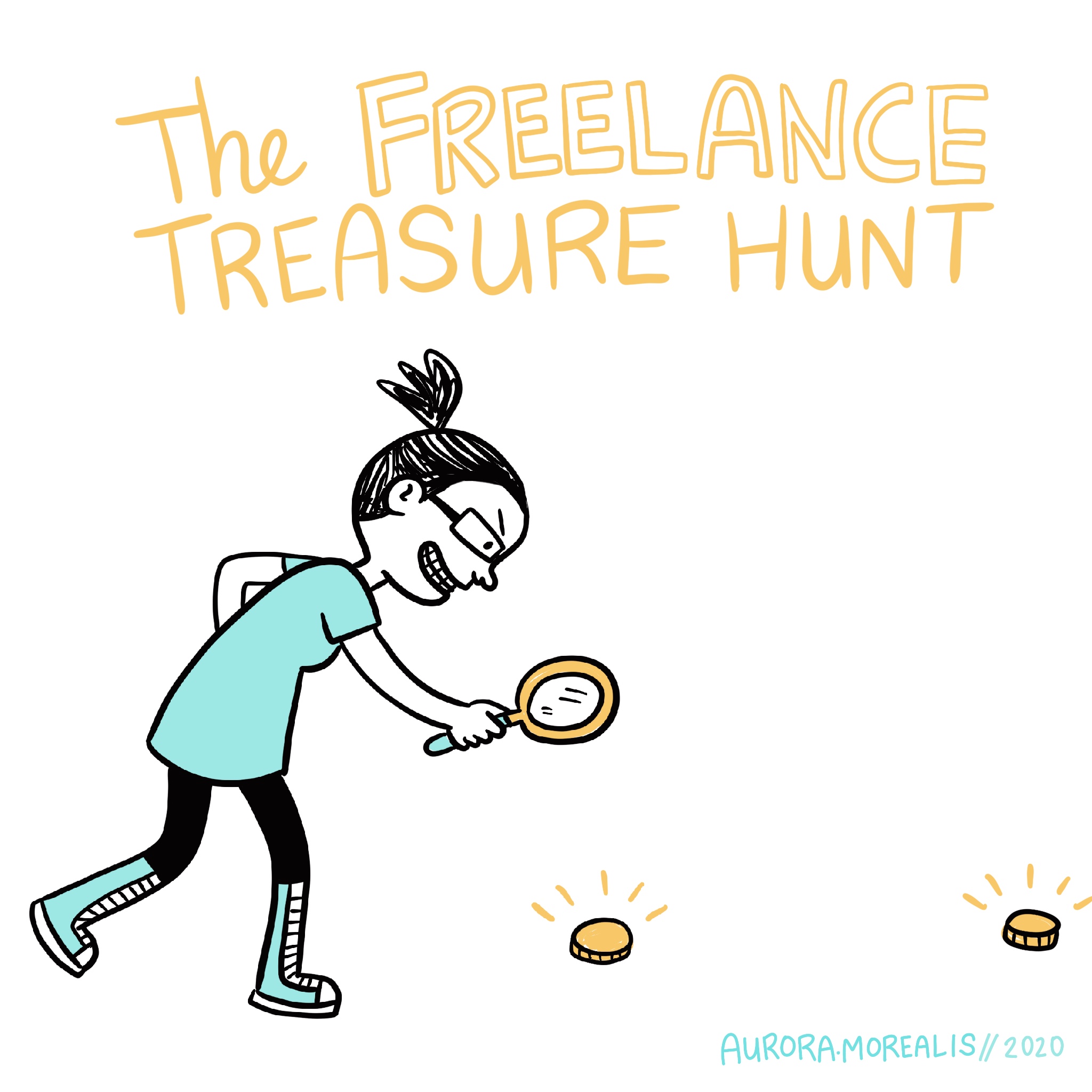What will people actually pay for?
If you want to avoid being a starving artist, it helps to be realistic. Actually, you’ll need to be brutally honest with yourself. You may find the deepest soul fulfillment by writing Shakespearean sonnets for pre-teens, but if you can’t get people to pay for the pages you pour blood, sweat and tears into, you might be setting yourself up for heartbreak a few months or years down the road. If you are lucky enough to be born into a showbiz family, then that's great! I'm not jealous at all. NOT AT ALL!... hmph... For the rest of us commoners, there isn't a lot of money to be made in high concept art and other creative endeavors, especially in the developing world.
But instead of focusing on all the things you can't do, it's time to use the power of creative problem-solving. This is your chance to engage your imagination and repackage your abilities in ways that can serve individuals and organizations.
- If you write poetry, you can write lyrics for advertising jingles, or write copy for newspaper or magazine ads.
- If you draw comics, you could draw storyboards for films, music videos or commercials.
- If you write original music, you could sell your songs (usually without words) on audio libraries, or compose melodies for jingles for radio commercials.
Ask a Friend.
It can be hard to know if your idea will be economically viable until you’re already doing it. I’ve said it before, but sometimes you just have to try it.But maybe you have someone in your network you could have a conversation with. It really helps to find a friend or mentor on this journey, especially because each country has different laws and requirements. Each city has different strengths, weaknesses, opportunities and threats.
After I graduated, I was fortunate to meet an older graphic designer at church who hired me to design a website for one of her clients. Most artists I know shy away from discussing money matters. Some cultures consider it a taboo subject, which makes it doubly difficult to talk about the economic realities of the creative industry.
But Yvette was generous with her answers whenever I asked about her small design business. Even after we finished that project, I was able to ask Yvette about costing out a project, or dealing with a challenging client. It was largely because of her warm welcome into the freelancing world that I am also eager to share what I know with the next generation of aspiring creatives.
Hard truth: Most freelancers feel uncomfortable talking about business matters because they see it as helping the competition.
They may have a point, especially in countries where the creative scene is small and very competitive. If there's only a few people offering the same kind of services, one day you might be bidding against each other for the same projects. I personally think there’s enough work out there to go around, especially if you're good.There's always going to be work for excellent, dependable, and easy-to-work-with professionals. In any case, here’s some people you could get talk to about your local industry:
- Someone who works in a similar field, but is not in direct competition with you. For example, if you’re a graphic designer who specializes in wedding invitations, talk to someone who does branding or web design. Or talk to a wedding photographer or gown designer.
- Someone who does a similar service but as a full-time employee. It may not be polite to ask about salaries, but you could ask them how much time it takes to finish a particular project, and maybe there are special considerations to be aware of.
- Someone who works for the client side. For the wedding invitation designer, you want to talk to a wedding planner. Or someone who works for a venue that hosts a lot of weddings.
- Someone who works on the production side. Our wedding invitation designer could talk to a printer and ask how much these things cost to produce, how many pieces are usually ordered, etc.
- Someone who is so far ahead of you in experience that they are not threatened by someone of your beginner status. This person might even become a mentor.
If all else fails, there’s always Kuya (Big Brother) Google.
The internet is a treasure trove of answers, just play around with your search terms and you might find the right one.





No comments